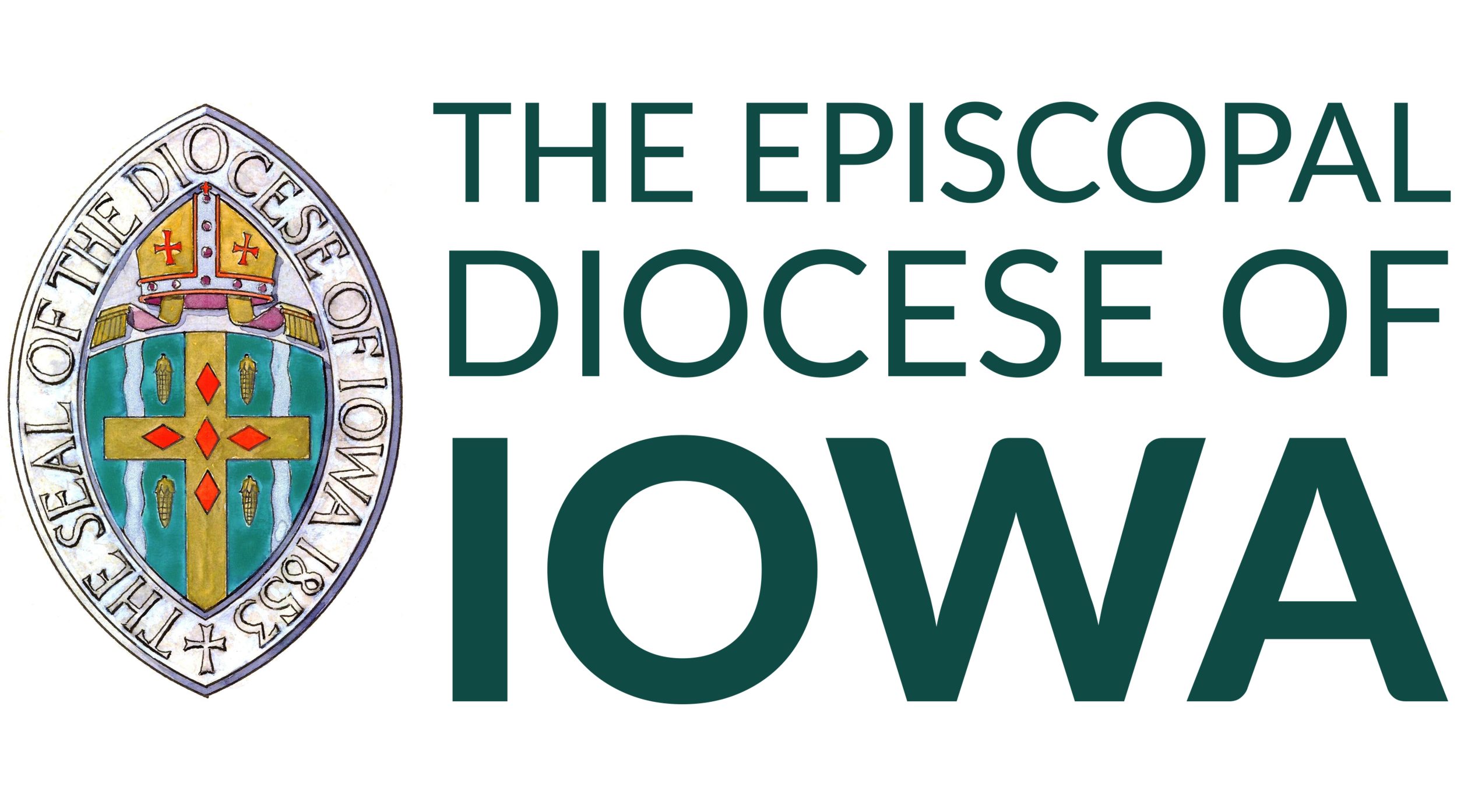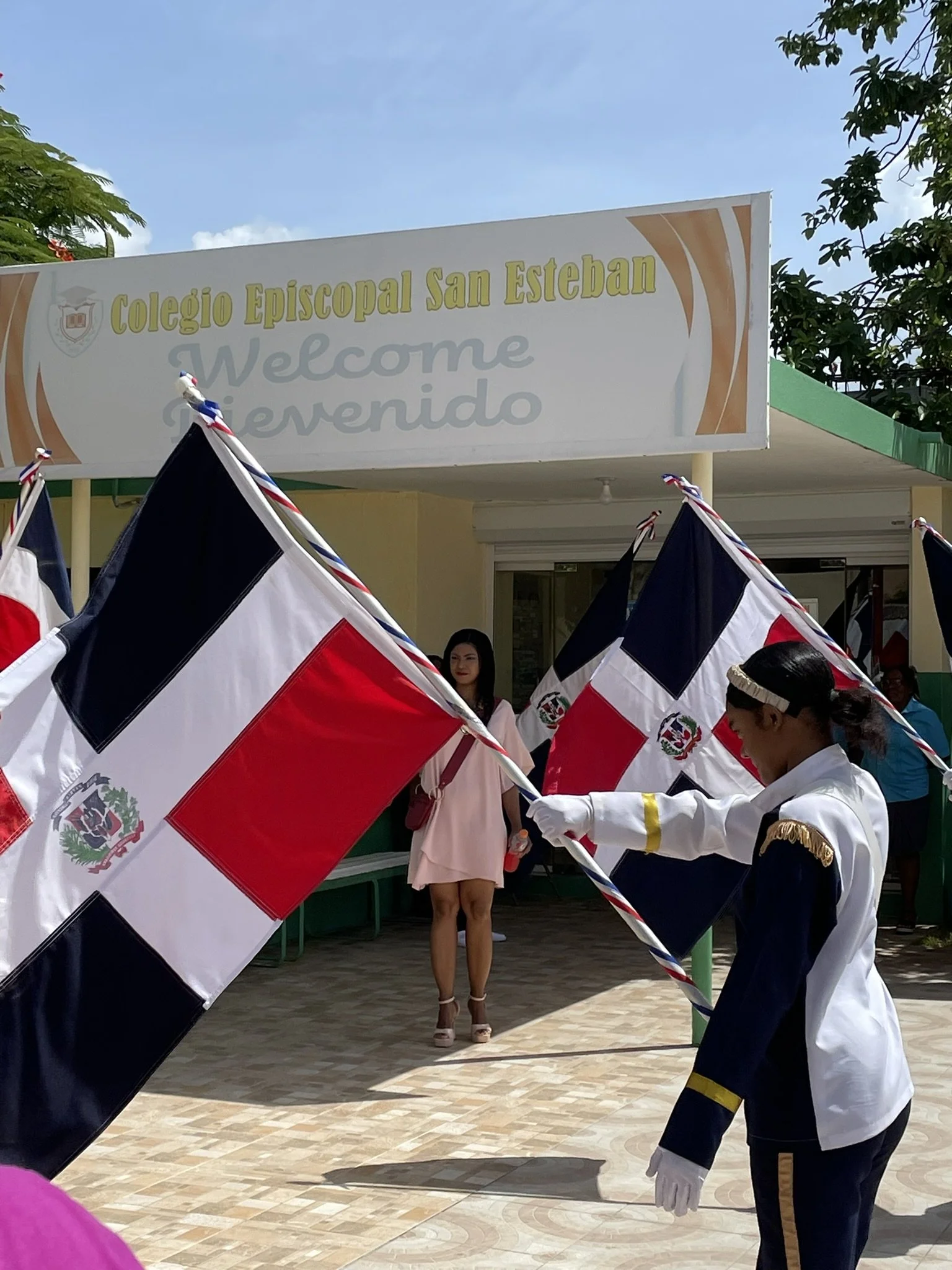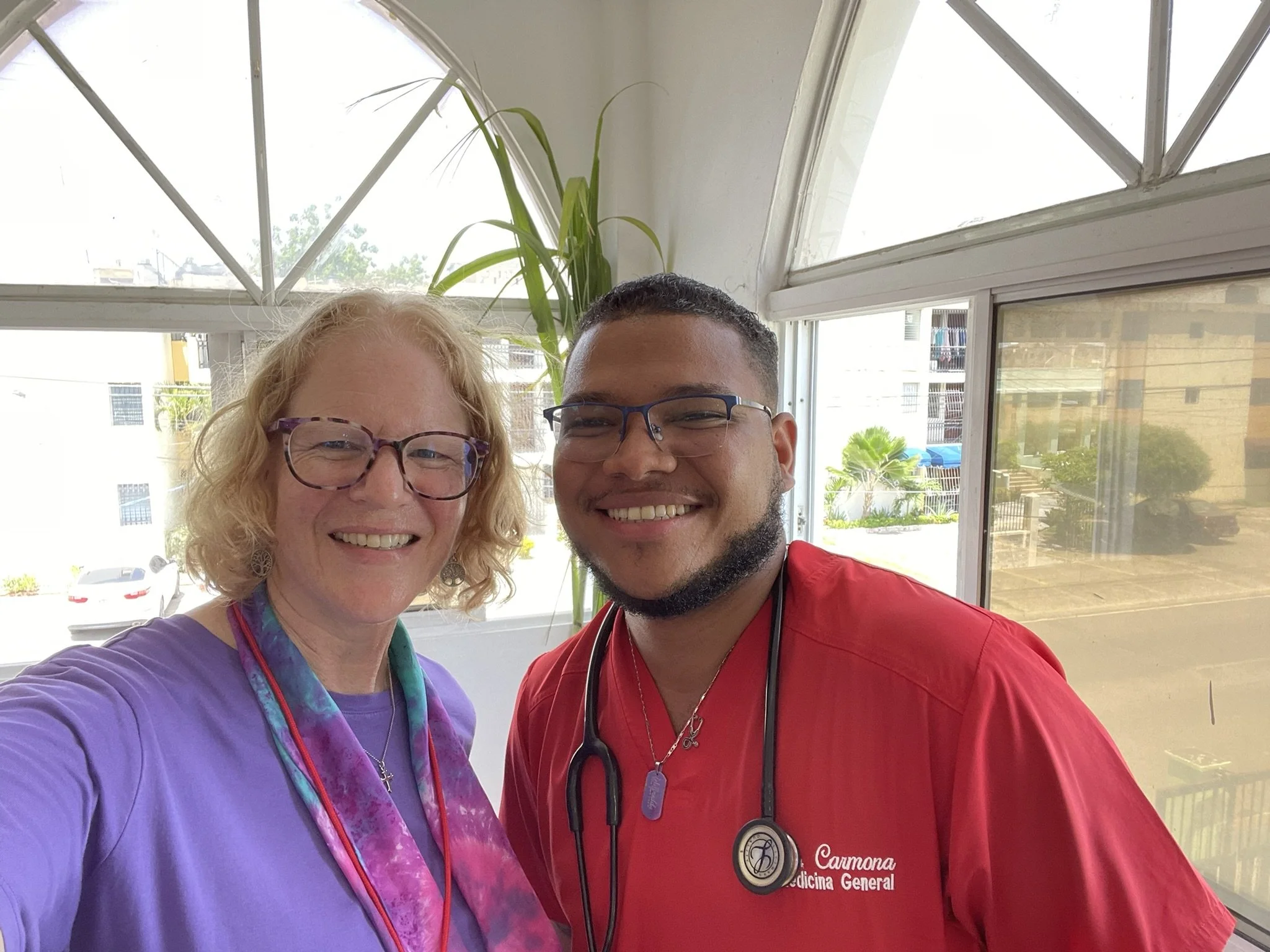September e:News: From Bishop Monnot
I’m writing this article at the House of Bishops meeting in the Dominican Republic, where the bishops are visiting one of the dioceses in The Episcopal Church as we gather to pray and discuss the issues that are important to our life together as a church. Today we had the opportunity to visit some of the ministries of the Iglesia Episcopal Dominicana and to meet some of the people serving here.
The people of the diocese of the Dominican Republic are living examples of the abundant life that Jesus promises, even in very challenging times. Keep in mind that the Dominican Republic has many challenges and difficulties, including food insecurity and natural disasters related to climate change . Still, we were received with joy and gracious hospitality, coconut water directly from the coconut and children demonstrating traditional dances. It seemed that everyone who spoke to the group of bishops ended their talk by offering us “bendiciones” (blessings).
The ministries we visited captured the spirit of courageous faith. We visited a diocesan school with four hundred students, where we were greeted by a drum corps and students bearing the flag of the Dominican Republic. We were able to visit classrooms from preschool through high school, where the students are preparing to attend local universities after graduation.
From the school we went to a diocesan health clinic that offers every kind of healthcare including pediatrics, OB/GYN, gastroenterology, internal medicine, family medicine, physical therapy, occupational therapy, as well as a specialized clinic to treat patients with HIV infections. As it turns out, my colleague on the churchwide Standing Commission for Formation and Ministry Development, Alex Cormona, is a physician at the clinic, and so I had the chance to greet him as well.
A striking part of our visit to the clinic was when they brought our group into a large empty room. They explained that one of the challenges at the clinic is that they don’t have the facilities to perform cataract surgery. These surgeries are only performed when a medical mission trip comes and provides what is needed. All the follow up care can be managed at the clinic, but the initial surgery is not possible.
The director explained that they hope to convert that empty room into an operating room equipped to offer cataract surgery, which would allow them to treat cataracts without needing to wait for a medical mission trip. The conversion would cost about $125,000 US. That is a lot of money, but the director of the clinic is still hopeful that she will be able to find the funding. In that hope, she is demonstrating courageous faith and a sense of God’s abundance. I found this particularly impactful given how many in the US have easy access to cataract surgery whenever it is needed, while in the Dominican Republic, patients literally go blind while waiting for the opportunity.
It is in that spirit of courageous faith and hope in the abundant life that Jesus promises that we, together as a diocese, are being transformed. One area of transformation that I announced at our Joint Chapter Meeting on Zoom in August is the transition from ten Mission Chapters to four Convocations. Our four Convocations will function much the same way as our Mission Chapters have functioned in the last years: each Convocation will select a member of the Board of Directors for a three-year term, alternating clergy and lay members. Convocations will gather on Zoom twice a year to discuss issues important to the diocese, just as the Mission Chapters have. The four Convocations will mirror the three regions of our Regional Mission Initiative (Northwest, Southwest, and East), and will also include a fourth Statewide Convocation for congregations with a full time or 3/4 time clergy person. You can view a map and list of these Convocations, along with an overview of the transition process, HERE.
The intention of this shift to four Convocations is to make our Board of Directors more streamlined as well as to make connections between congregations in a Convocation more meaningful. Our Board of Directors will reduce in size to ten members (four from the Convocations and six at large), which will free up people for ministry in their own congregations and neighborhoods. Having larger Convocations will support more connection across the diocese and sharing of ministry stories and ideas. The August Joint Chapter Meeting on Zoom used these groupings in the breakout discussions, which people found very helpful.
There will be more transformation, transition, and change in our diocese over the next few years, and it is my hope that we in the Episcopal Diocese of Iowa will continue to demonstrate the spirit of enthusiasm, courageous faith, and hope in the abundant life that Jesus promises us. Being here in the Dominican Republic has helped me see those qualities in a different way, and I am excited to return home to continue the work that we are doing together in Iowa.
Yours in the abundant life of Christ,
+Betsey
The Rt. Rev. Betsey Monnot, Bishop of the Episcopal Diocese of Iowa
Being greeted by the drum corps and students
Bishop with physician Alex Cormona, at the diocesan health clinic
House of Bishops getting ready for worship



